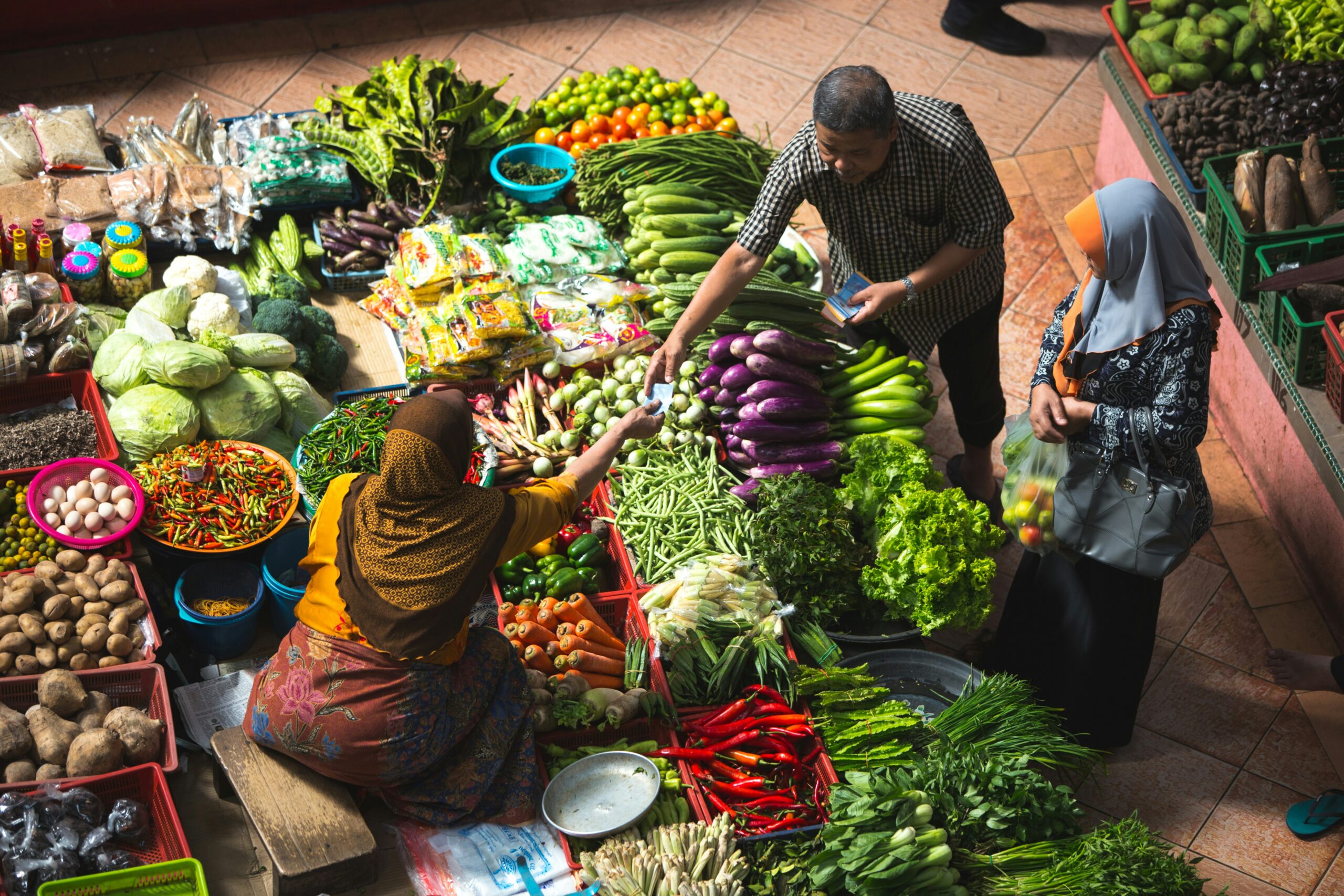Chefs’ Manifesto
EAT collaborates with the SDG2 Advocacy Hub to connect and empower chefs from across the world to champion healthy and sustainable diets.
We believe chefs can be powerful advocates for a better food future
Our resources connect science with real-world solutions, helping decision makers turn knowledge into action and support healthy, fair and sustainable food for all.
A small act that makes a big difference.
Whether you are seeking to partner, learn more, or support our work, we would love to hear from you.
We respect your privacy. The information you provide through this form will only be used to respond to your inquiry and provide the services you request. We will not share your details with third parties without your consent, and your data will be stored securely.By submitting this form, you agree that we may process your information in accordance with our Privacy Policy.

